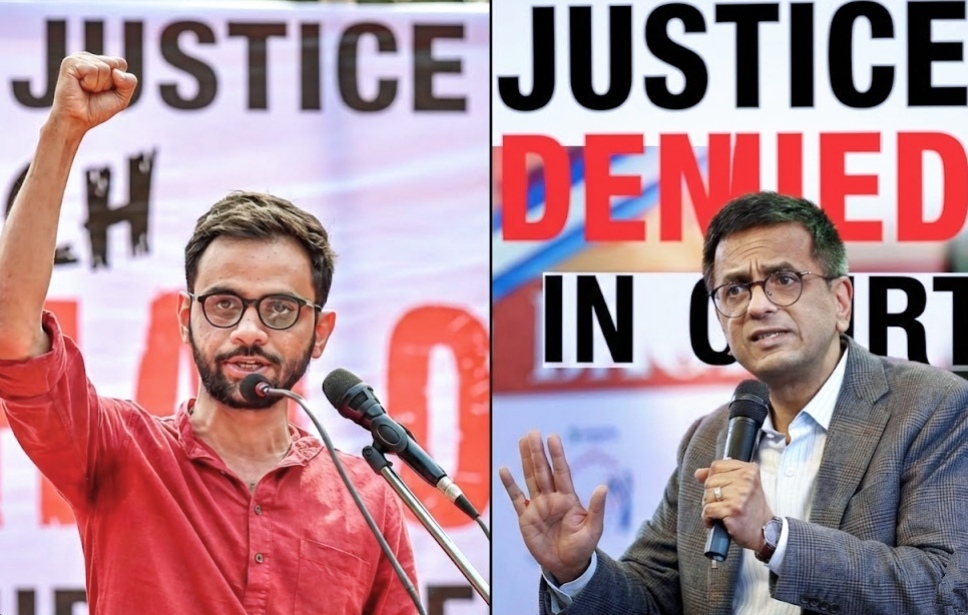J&K: Renowned journalist and writer Nayma Ahmed Mahjoor recently warned that over one million youth in Jammu & Kashmir are now trapped in drugs while non-locals readily take up jobs our own society disdains. Unless we act, there will be no youth left within a decade.
Her words echo a frightening reality. What the gun once stole from Kashmir in blood, drugs and joblessness are now stealing silently. The tragedy is that both the government’s hollow policies and the religious leadership’s guilty silence have left the youth to drown in despair.

A Manufactured Unemployment Crisis
Behind official statistics lies a painful truth:
Youth unemployment in J&K is nearly 17.4%, far above the national average.
In urban centres, almost one in three young people are jobless; among women, the rate exceeds 50%.
For 4,000 constable posts, 5.5 lakh educated applicants applied—a cruel reminder of desperation.
This is not simply a lack of jobs. It is the result of policies that have left an entire generation suspended between degrees and despair, waiting endlessly for government miracles.
The Quieter War: Drugs
While jobs disappeaçr, narcotics have filled the vacuum. Over a million people in J&K are estimated to be caught in addiction, with heroin leading the spiral. Health institutions record hundreds of new cases daily, many involving teenagers.
Yet the state’s response is cosmetic—photo-ops, token crackdowns, and silence on the larger networks. The harsh truth: a drugged youth is easier to control than an awakened one.
Religious Leadership’s Silence
Equally shocking is the indifference of the so-called religious guardians. For decades pulpits have echoed with political slogans, but on the gravest moral collapse of our times—youth idleness and addiction—most voices remain silent.
Even today, imams are “invited” to speak on drugs in Friday sermons, as if saving the young were optional. This silence is not just negligence—it is betrayal.

A Society Trapped in Ego
Adding to the crisis is our own misplaced pride. While non-locals fill shops, construction sites, and fields, our youth turn away from such jobs, waiting instead for elusive government posts.
This false ego has become poison. We have forgotten that dignity lies not in entitlement but in honest labour.

What Must Change
End the job illusion: Build industries, enterprises, and skill-based employment rather than selling dreams of mass government hiring.
Fight drugs as an emergency: Break supply chains, punish big players, and build rehabilitation centres in every district.
Reclaim dignity of work: Teach our children that every rupee earned with honesty is sacred.
Hold religious leaders accountable: If they cannot guide youth in this crisis, they should stop claiming moral authority.
Conclusion
Jammu & Kashmir no longer bleeds only from bullets—it is bleeding silently through unemployment, drugs, and indifference. Unless society, government, and religious leaders act with honesty and courage, the grim warning of Nayma Ahmed Mahjoor may come true: within a decade, there may be no youth left to carry this region forward.
The time for excuses is over. What the youth need today is dignity, work, and freedom from addiction—not more hollow promises.
By Mansoor Qadir, ITN.



